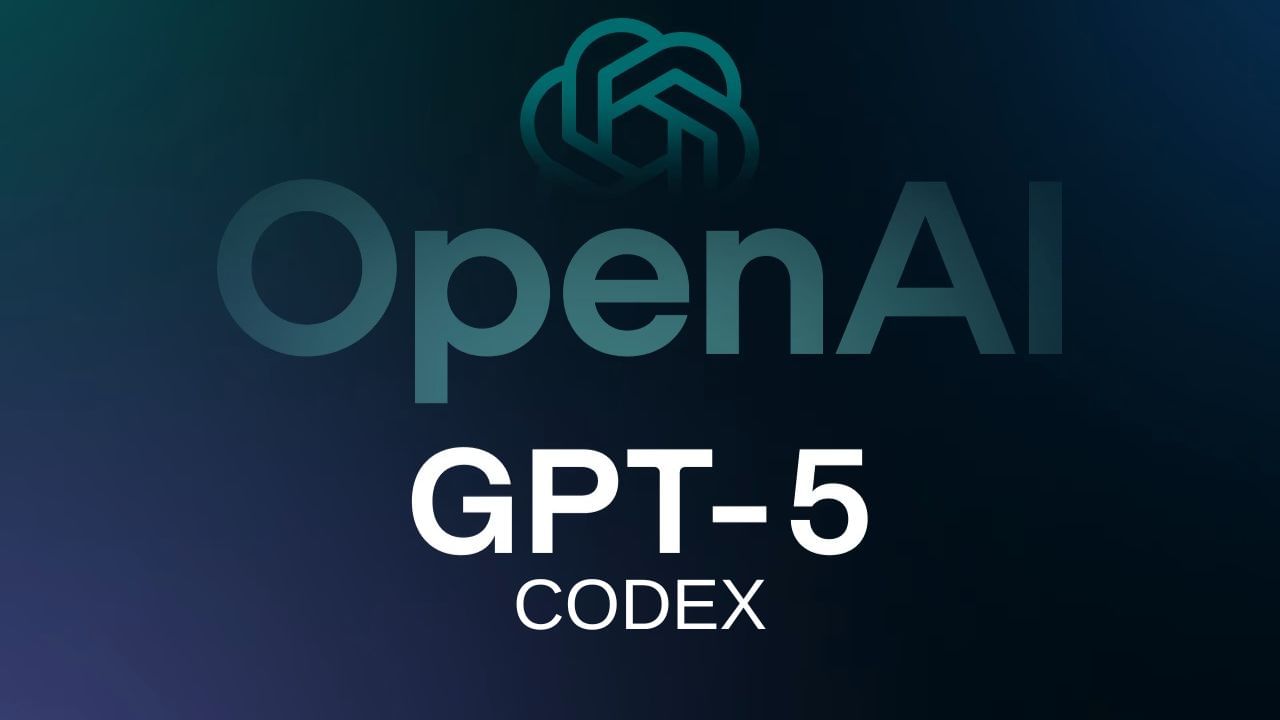OpenAI Unveils GPT-5-Codex: Specialized AI for Code Review and Automation

Introduction
OpenAI has released GPT-5-Codex, a breakthrough large language model finely tuned for software engineering tasks. Announced in September 2025, this development marks a significant leap in AI-assisted programming, promising greater efficiency, accuracy, and safety in software workflows[4].
What’s New: GPT-5-Codex Features
- Tailored for code refactoring and bug detection: GPT-5-Codex outperforms its predecessors in automatically identifying code issues and suggesting improvements, helping teams catch errors earlier and optimize performance[4].
- Secure sandbox deployments: Unlike prior iterations, all code changes generated by the model are executed in a secure sandbox, with mandatory human approval before integration. This addresses longstanding concerns about AI-generated code reliability and security[4].
- Wider accessibility: The model is now integrated into command-line interfaces and mobile development environments, making advanced AI code assistance available to developers anywhere, not just in enterprise settings[4].
Real-World Impact
- Increased productivity: Early users report significant reductions in routine coding tasks and bug fixes, freeing engineers to focus on complex design work.
- Broad adoption: ChatGPT-powered coding tools are gaining traction, notably in lower-income regions where they help with tasks ranging from drafting emails to building simple apps, democratizing high-level software skills[4].
- Developer trust: The enforced human-in-the-loop process addresses previous critics who worried about AI writing insecure or unreviewed production code.
Industry Context and Competition
- Benchmark performance: GPT-5-Codex is positioned against new releases by Google DeepMind and xAI, but its focus on real-world deployment and security has garnered strong approval in developer communities[4].
- Integration: Growing use in open source projects and enterprise CI/CD pipelines indicates the model’s potential to set new standards for automated code review.
Future Directions and Expert Perspectives
Industry observers predict that specialized AI models like GPT-5-Codex will become core components of software development, with prominent voices like Yann LeCun advocating for further advances in self-learning, code-aware AI agents[4]. Security experts are cautiously optimistic, noting that OpenAI’s sandbox-first, approval-based approach could become a template for ethical, safe AI deployment in technical fields.
As AI-driven automation continues to spread, GPT-5-Codex stands out not just for raw code-generation power, but for its integration of trust, transparency, and user control—qualities seen as essential as the industry moves toward greater reliance on machine intelligence.
How Communities View GPT-5-Codex Release
OpenAI's GPT-5-Codex announcement has ignited widespread discussion across AI and developer channels. The main debate centers on effectiveness, security, and the impact on coding jobs versus productivity gains.
-
Optimism About Productivity Gains (~40%) Many developers on r/programming and X (notably @thejavadev and @buildbetterai) see GPT-5-Codex as a game-changer for streamlining repetitive work and catching bugs earlier. Early-access users praise the human approval requirement for delivering safer deployments.
-
Caution Around Security/Quality (~30%) Security experts, especially from r/netsec and tweets by @msuiche, urge vigilance. They appreciate the sandbox requirement but warn about "automation bias" if reviewers become complacent, noting past incidents where AI-made code slipped through undetected.
-
Job Impact and Democratization (~20%) Some in r/cscareerquestions and indie developer communities express concern about job displacement, while others celebrate that coders in under-resourced environments can now access top-tier code review tools.
-
Skepticism About Hype (~10%) A minority see the move as incremental, not revolutionary, citing direct competitor upgrades by Google DeepMind (Gemini 2.5). Notable critics like @redmonk warn about “solutionism” and over-reliance on AI-driven workflows.
Overall sentiment is cautiously positive, with the model’s emphasis on safe, human-mediated integration seen as raising the bar for responsible AI in software engineering.